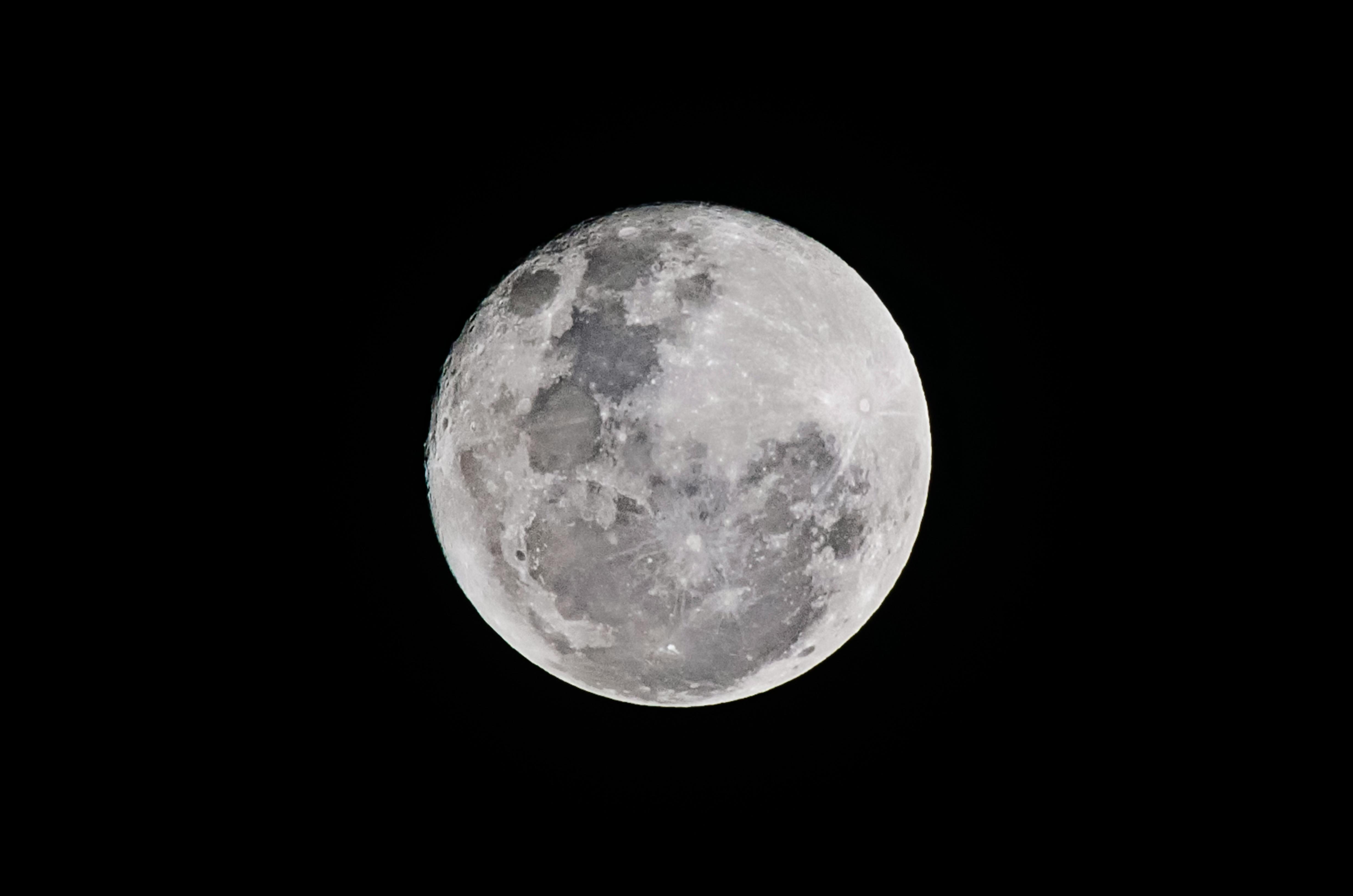Pioneering Excursions in Space Tourism: A New Frontier for Intrepid Travelers
Get ready for a journey that is literally out of this world. Space tourism is beyond the horizon and rocketing into the mainstream. This article provides an in-depth look at the evolution, current trends, and implications of holidaying among the stars.

A Journey through Time: The Birth and Growth of Space Tourism
Space tourism, though a relatively new concept, has a fascinating history. The idea first took root in the early 1960s with the launch of the first manned spacecraft by NASA. However, it was not until 2001 that space tourism became a reality. That year, Dennis Tito, a wealthy businessman, booked a seat on a Russian spacecraft, becoming the first space tourist. Since then, the sector has seen significant developments, with private companies like SpaceX, Blue Origin, and Virgin Galactic leading the way in commercial space travel.
Space Tourism Today: The Final Frontier Beckons
Space tourism is no longer a distant dream but a fast-approaching reality. In recent years, companies have made significant strides towards making space tourism accessible to the masses. Virgin Galactic, for instance, completed its first fully crewed flight in 2021, marking a new era in space travel. Meanwhile, SpaceX’s plans to send tourists around the moon indicate that more audacious adventures are on the horizon.
The Allure and Challenges of Space Travel
The allure of space tourism lies in the unique experiences it offers. From the thrill of rocketing into the cosmos to the awe-inspiring view of Earth from space, it promises an adventure unlike any other. However, it’s not without its challenges. Space travel entails physical and psychological risks, not to mention the exorbitant costs that currently make it accessible only to the ultra-wealthy.
The Impact on Travelers and the Travel Industry
Space tourism has the potential to revolutionize the travel industry. It introduces a new category of travel, expanding the boundaries of what’s considered possible. Yet, it also raises ethical and environmental concerns. The carbon footprint of a single space flight is staggering, and the industry’s rapid growth could contribute to space debris.
Shifting Perspectives: The Future of Space Tourism
Space tourism is poised to continue its upward trajectory. Technological advancements and increasing interest from the public suggest that space could become the next big travel destination. However, the industry must address the environmental and ethical concerns to ensure its sustainable growth.
Travel Trivia: Astounding Space Facts
- The term ‘astronaut’ comes from the Greek words ‘astron’ meaning ‘star’ and ‘nautes’ meaning ‘sailor.’
- The first food ever eaten in space was applesauce.
- Space tourism isn’t just for humans. In 2006, a cockroach named Nadezhda became the first creature to give birth in space.
In conclusion, space tourism is a thrilling new frontier for intrepid travelers, promising unparalleled experiences and the chance to view our planet from a unique perspective. However, as we gaze towards the stars with anticipation, we must also consider the implications of our actions and strive to make space exploration a sustainable and responsible endeavor. As the industry matures, it will be fascinating to see how space tourism evolves and how it reshapes our understanding of travel.




